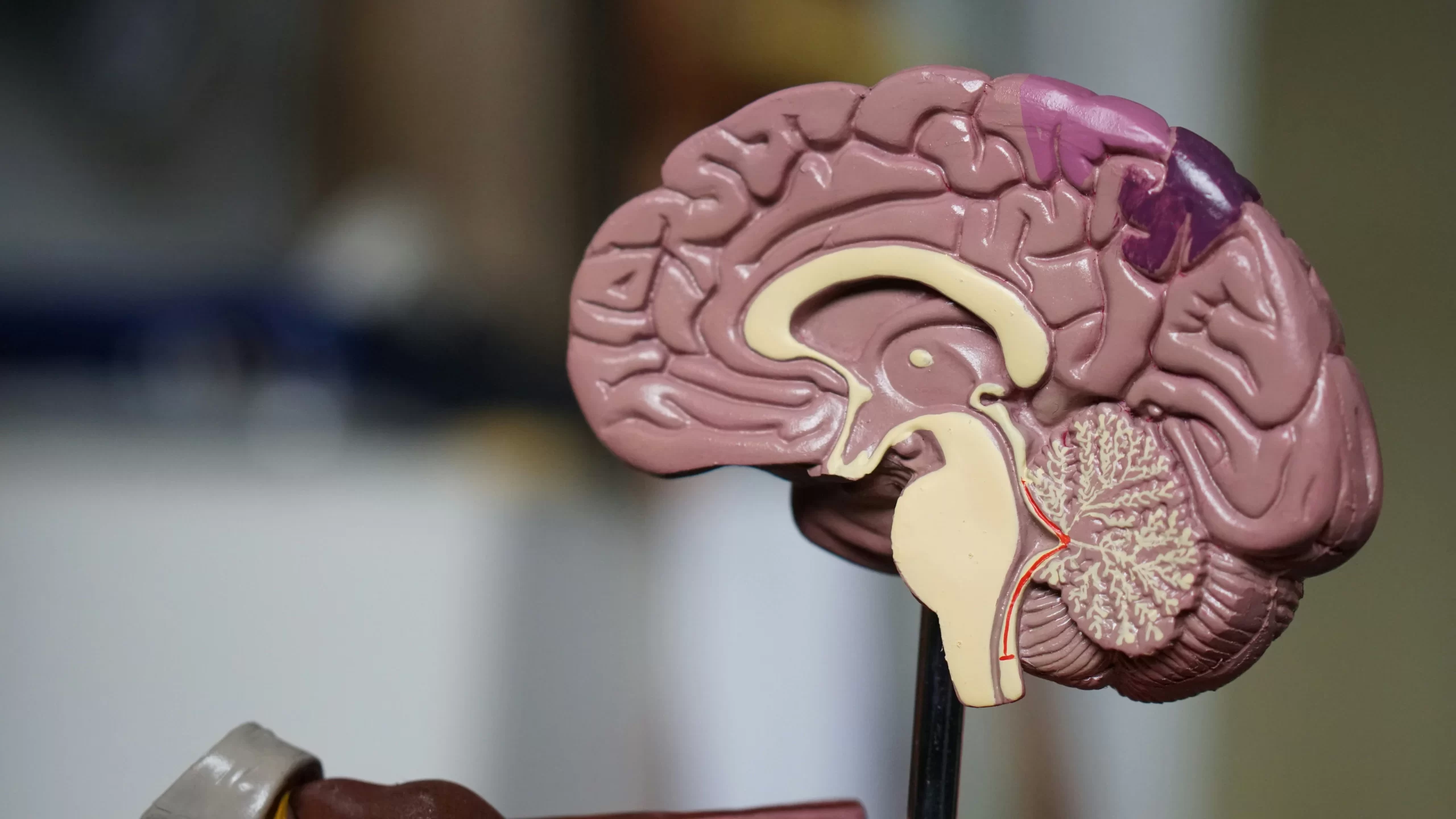ASMR (Autonomous Sensory Meridian Response) can have positive effects on the brain, particularly in terms of relaxation and emotional well-being, though research on its long-term impacts is still in its early stages.
Here’s what we know so far:
1. Relaxation and Stress Reduction
ASMR is often associated with feelings of deep relaxation, which can be beneficial for reducing stress and anxiety. Some studies show that people who experience ASMR report lower heart rates and increased feelings of calm during and after watching ASMR videos. This suggests that ASMR may have a calming effect on the nervous system, helping to reduce stress hormones like cortisol.
2. Mood Improvement
Many ASMR viewers report a noticeable improvement in their mood after watching ASMR content. In a study from 2018, researchers found that participants who experienced ASMR reported feeling more relaxed and less sad after watching ASMR videos. This suggests that ASMR may have mood-enhancing properties, similar to meditation or mindfulness practices.
3. Sleep Aid
For people who struggle with sleep issues, ASMR can be beneficial. Its calming effects can help to quiet the mind and make it easier to fall asleep. This is especially helpful for those dealing with insomnia or anxiety-related sleep disturbances. Better sleep directly benefits brain health by supporting cognitive function, emotional regulation, and memory.
4. Positive Emotional Triggers
ASMR often activates brain regions associated with social bonding, empathy, and personal care, particularly the areas linked to the release of oxytocin, sometimes called the “love hormone.” The brain’s positive response to personal attention or nurturing scenarios in ASMR could explain why many people feel soothed and comforted by the content.
5. Mindfulness and Present-Moment Awareness
Watching ASMR can also have a meditative quality, helping viewers to focus on sensory details and slow down their thoughts. This mindful attention can have similar benefits to meditation, promoting mental clarity and reducing rumination or worry.
6. Potential Dopamine Release
Some researchers suggest that ASMR triggers the release of dopamine, a neurotransmitter linked to pleasure and reward. The “tingling” sensation associated with ASMR may be related to this reward system, leading to positive reinforcement and relaxation. While this hasn’t been conclusively proven, the pleasurable feeling of ASMR likely engages the brain’s reward centers.
Caveats:
- Not everyone experiences ASMR: While it can have these benefits for some, not everyone has the same reaction to ASMR content. People who do not experience the “tingles” or find ASMR annoying may not benefit in the same way.
- Limited Research: The scientific understanding of ASMR is still in its infancy. More research is needed to explore its long-term effects and potential therapeutic uses.
Overall, ASMR can have several positive effects on the brain, particularly for relaxation, stress relief, and mood improvement. However, the extent of its benefits varies from person to person.
